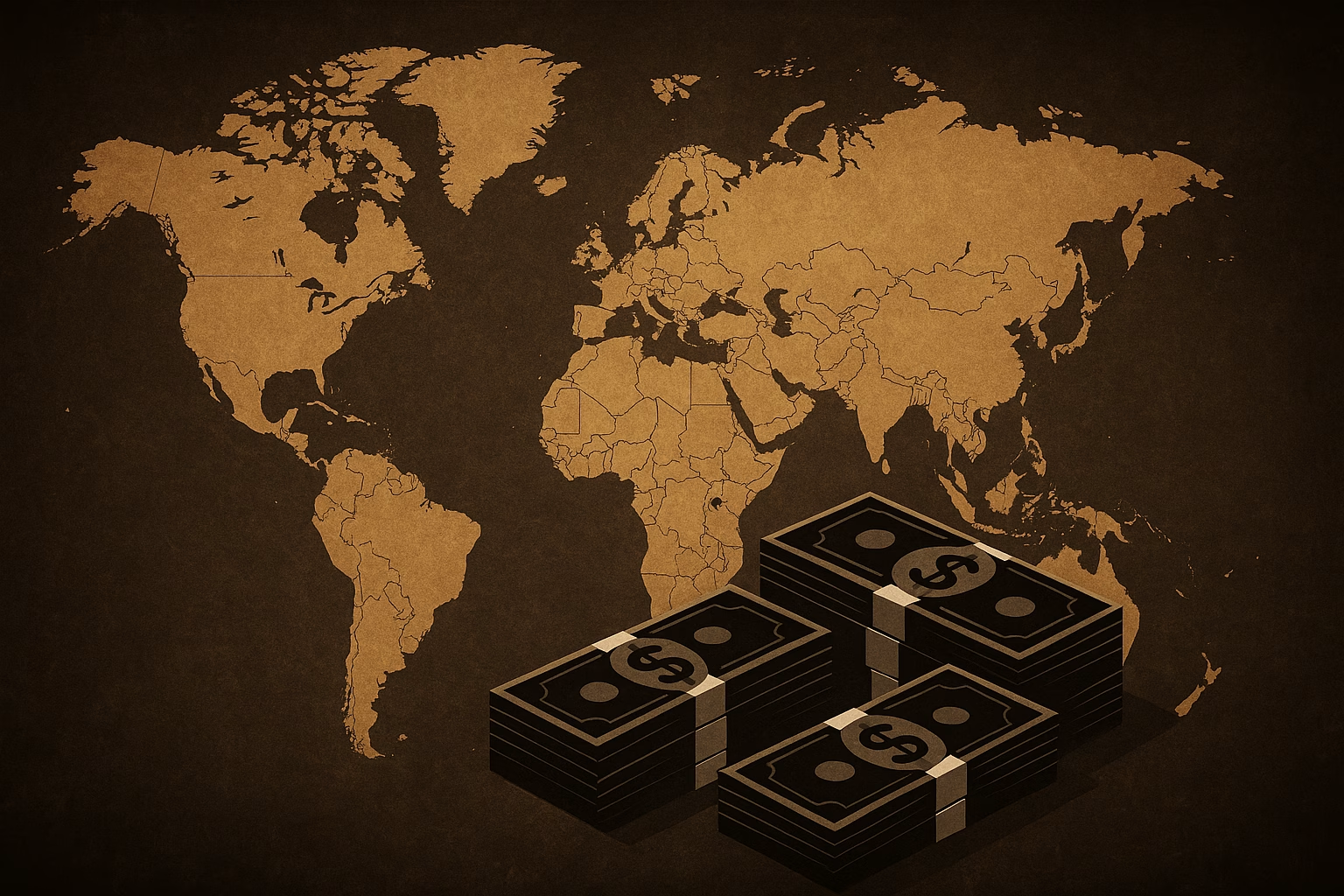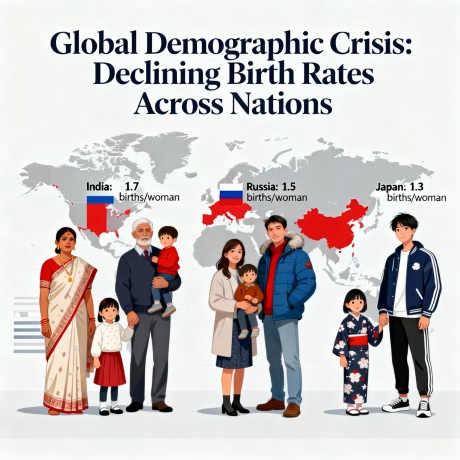
IPTV Desk India Corruption or Scandals and Financial Frauds has long been a crippling factor in global economies, leading to financial instability, loss of public trust, and economic downturns.The rise of global corruption has exposed deep-rooted political scandals that have altered financial systems and governance worldwide. Economic fraud has drained billions from public funds, crippling national economies. The black money economy continues to thrive through offshore accounts and money laundering schemes, affecting economic stability. Tax evasion remains a major challenge as shadow economy networks expand. Financial crises triggered by corruption have forced governments to impose stringent regulatory crackdowns.
The 1MDB scandal (Malaysia) is considered one of the world’s greatest financial scandals, involving billions in embezzled funds, as exposed by the U.S. Department of Justice in 2016. In Germany, the Siemens bribery case revealed a multinational corruption network using slush funds. The Odebrecht scandal (Latin America) was a massive bribery scheme affecting multiple governments. Among the biggest political scandals, Watergate (USA, 1970s) led to President Nixon’s resignation, while the Teapot Dome scandal (1920s) was previously the most infamous U.S. political scandal, involving oil reserve bribery. In Peru, Fujimori’s corruption led to his conviction for embezzlement and human rights violations.
In the corporate world, the Enron scandal (2001) resulted in one of the largest U.S. bankruptcies, with debts over $63.4 billion, leading to Arthur Andersen’s collapse. The Congressional Post Office scandal and Abscam sting operation exposed bribery and fraud among U.S. lawmakers. These scandals highlight how corruption permeates global politics, business, and finance, shaking economies and trust worldwide.How have corruption scandals impacted global economies? What are the biggest financial frauds in history? How does black money affect a nation’s growth? These are crucial questions policymakers and economists have been grappling with.
Scandals That Shook the World
1. 1Malaysia Development Berhad (1MDB) Scandal (Malaysia, 2009–Present)
How It Started: The 1MDB fund was set up to promote economic growth but was misused for personal luxury spending. Exposure: Global investigations in 2015 revealed money laundering schemes involving offshore accounts. Key Figures: Former Malaysian Prime Minister Najib Razak and financier Jho Low. Economic Damage: Estimated losses of over $4.5 billion; major impact on Malaysia’s credit ratings and investor confidence. Current Status: Najib is serving a prison sentence, and efforts are ongoing to recover stolen funds.
2. Operation Car Wash (Brazil, 2014–Present)
How It Started: Initially a probe into a car wash money laundering scheme, it unveiled massive bribery within Petrobras. Exposure: Petrobras executives took bribes from construction firms for inflated contracts. Key Figures: Former Brazilian Presidents Luiz Inácio Lula da Silva and Dilma Rousseff. Economic Damage: Petrobras lost billions in market value, contributing to Brazil’s recession in 2015. Current Status: Several convictions, though some cases have been overturned due to procedural errors.
3. Panama Papers (Global, 2016)
How It Started: A leak of 11.5 million documents exposed offshore accounts used for tax evasion. Exposure: Investigative journalists published data linking world leaders and corporations to secret tax havens. Key Figures: Prominent politicians including Iceland’s Prime Minister and Argentina’s President. Economic Damage: Countries lost billions in tax revenues, affecting social programs and infrastructure investments. Current Status: Led to numerous resignations and stricter financial transparency laws.
4. FIFA Corruption Scandal (2015)
How It Started: U.S. DOJ indicted FIFA officials for bribery in awarding World Cup hosting rights. Exposure: Investigations revealed systematic bribery involving marketing and television rights. Key Figures: FIFA executives, including former President Sepp Blatter. Economic Damage: Sponsorship deals were lost, tarnishing FIFA’s reputation and finances. Current Status: Several officials were convicted; FIFA implemented new governance reforms.
5. Siemens Bribery Scandal (Germany, 2006)
How It Started: Siemens executives engaged in bribery to secure international contracts. Exposure: German and U.S. authorities uncovered systematic corruption. Key Figures: Siemens board members and executives. Economic Damage: Fines of over $1.6 billion; Siemens underwent corporate restructuring. Current Status: The company implemented stringent compliance measures to prevent future scandals.
AI Regulations in 2025: Big Tech Concerns & Ethical Challenges
Impact of Black Economy in the Last 50 Years
The term ‘black economy’ refers to unregulated economic activities, including money laundering, tax evasion, and corruption. According to the IMF and World Bank, the global shadow economy accounts for approximately 20% of the world GDP, amounting to trillions of dollars lost annually.
- 1970s–1990s: Organized crime, drug trafficking, and illegal arms trade contributed heavily to the black economy.
- 2000s–Present: Digital fraud, cryptocurrency scams, and offshore tax havens have fueled the underground economy.
- Impact on Economies: Loss of tax revenue, increased inflation, and reduced foreign investment have been common consequences worldwide.
Future Trends in the Global Black Economy
- Rise of Digital Fraud: Cryptocurrencies and decentralized finance (DeFi) may lead to new financial crimes.
- Increased Regulatory Crackdowns: Governments are implementing stricter anti-money laundering laws.
- Artificial Intelligence in Fraud Detection: AI and big data will help track and prevent financial crime.
- Tax Havens Under Scrutiny: Global efforts like OECD’s Common Reporting Standard (CRS) aim to reduce tax evasion.
Conclusion
Corruption and black money remain major challenges for global economies. Despite regulatory efforts, new financial loopholes continue to emerge. Future economic stability depends on transparency, stricter legal enforcement, and advanced technological interventions




2 thoughts on ““Scandals That Shook the World: The Biggest Financial Frauds in History””